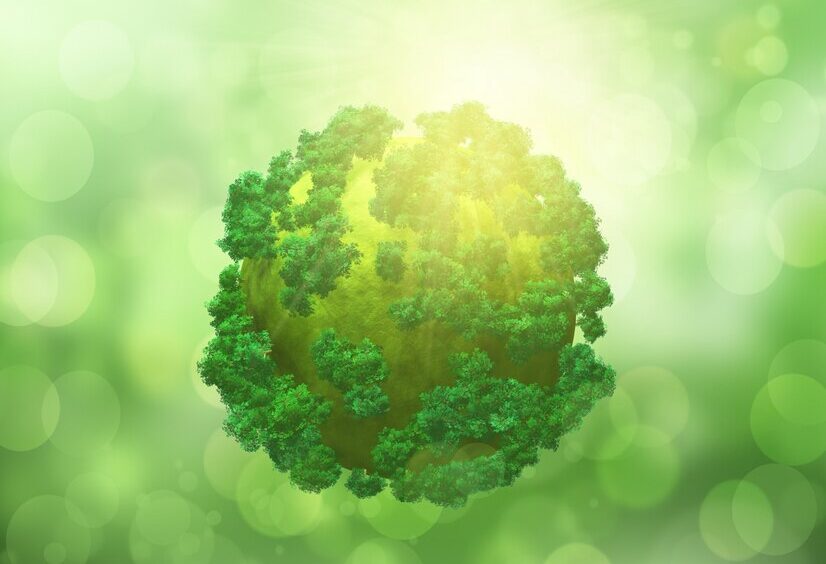This Earth Day, Let’s Talk About What We Leave Behind

It is easy to focus on big ideas like global warming and climate change but perhaps the most honest place to start is by understanding what we throw away—and where and how it ends up
Byline: Mana Shah, Founder, Green Practices
Every year on Earth Day, we are reminded to do better, consume less, care more, and leave behind something better for the generations that follow. But in cities like Mumbai, where daily life moves quickly and space is always at a premium, the one thing we constantly leave behind—often without a second thought—is waste.
This year, that conversation feels especially urgent. The BMC has proposed updates to its solid waste management bylaws, including user charges for rubbish collection and stricter fines for littering and spitting in public spaces. It’s a strong step towards building accountability and addressing a problem that has been quietly mounting for years.
To put it into perspective: Mumbai generates around 6,300 tonne of solid waste each day. Some estimates suggest it’s even higher—closer to 11,000 tonne—when you include the waste that isn’t formally collected. Less than half of this is treated, and thousands of tonne end up in places like Deonar, a dumpsite that has already accumulated 20 million tonne of waste over the decades.
The system is making an effort. Facilities such as Kanjurmarg process nearly 5,500 tonne of waste daily using composting and bio-reactor technologies. But they’re only as effective as what they receive. When wet and dry waste are not separated at source, and hazardous items like lead batteries, chemicals, or biomedical waste are thrown in with food scraps, the entire system falters. This leads to landfills that overflow, contaminate the soil, pollute the air, and linger for generations.
Another area where positive change is both occurring and needed at a faster pace is among bulk waste generators: our housing societies, hotels, corporate offices, and other places that generate more than 100 kg of waste daily. Many of them are now required to manage their organic waste on-site through composting or biogas units. More than just a policy mandate, it’s becoming a quiet cultural shift. Over 1,500 societies and institutions in Mumbai have already begun processing their wet waste internally, with some even distributing compost to local gardeners or the BMC for public use. This is done through community composting setups or in partnership with authorised waste managers like Green Practices.
But these efforts need support, not just enforcement. The new bylaws can help by encouraging responsibility through clarity, systems, and sustained engagement. Waste management is as much about mindset and design as it is about logistics. More than mere rubbish collection, it requires collective responsibility—towards the environment, the spaces we live in, how we plan and build with intention, and how our everyday actions can quietly shape a more sustainable future.
On Earth Day, it’s easy to focus on big ideas like global warming and climate change. But perhaps the most honest place to start is by understanding what we throw away—and where and how it ends up. Behind every overflowing bin is a chain of people, places, and processes trying to hold the line.
This Earth Day, let’s pay closer attention to what happens after we throw something away. We can’t fix everything overnight. But we can begin by noticing what we leave behind, how it moves through the city, and the quiet systems holding it all together. These small details shape the health of our city far more than we realise. Because every decision we make about waste is also a decision about the kind of city we want to live in.















































































































































































































































































































































































































































































































































































































































































































































































































































































































































































































































































































